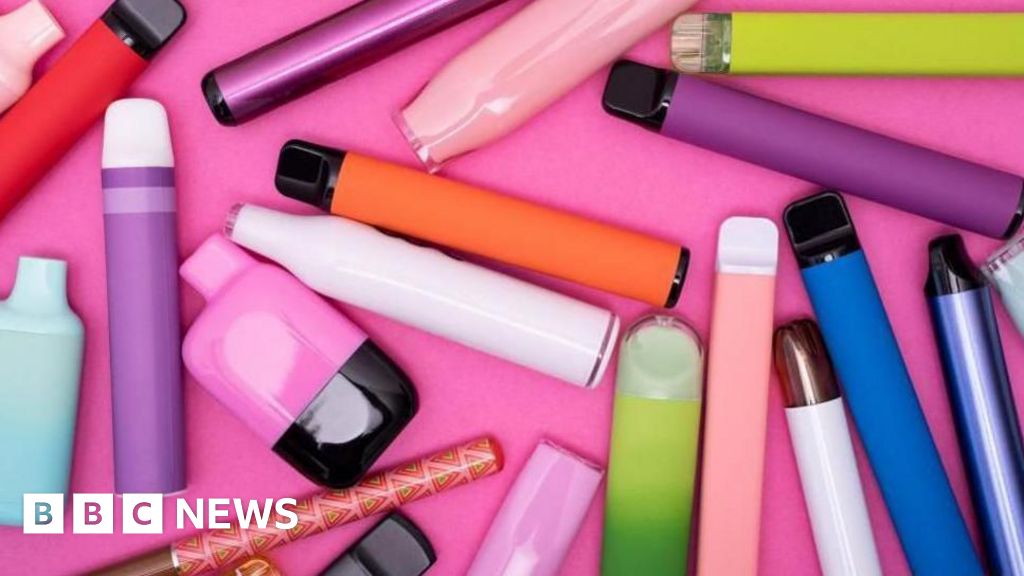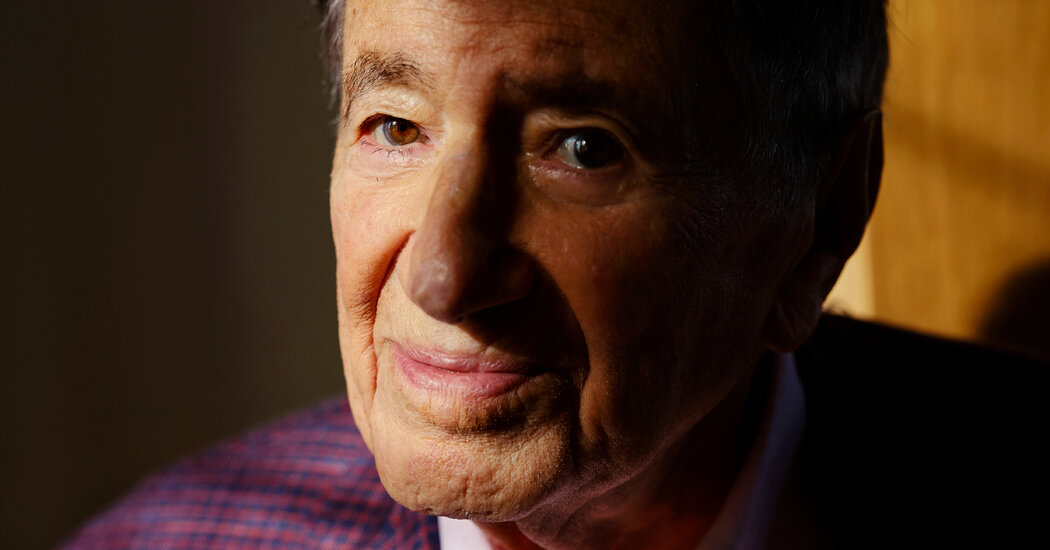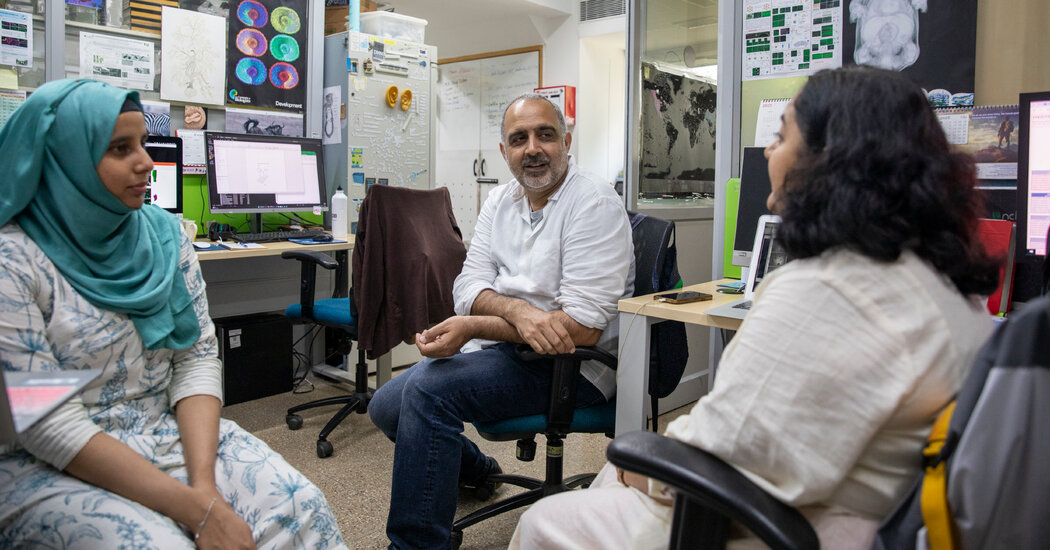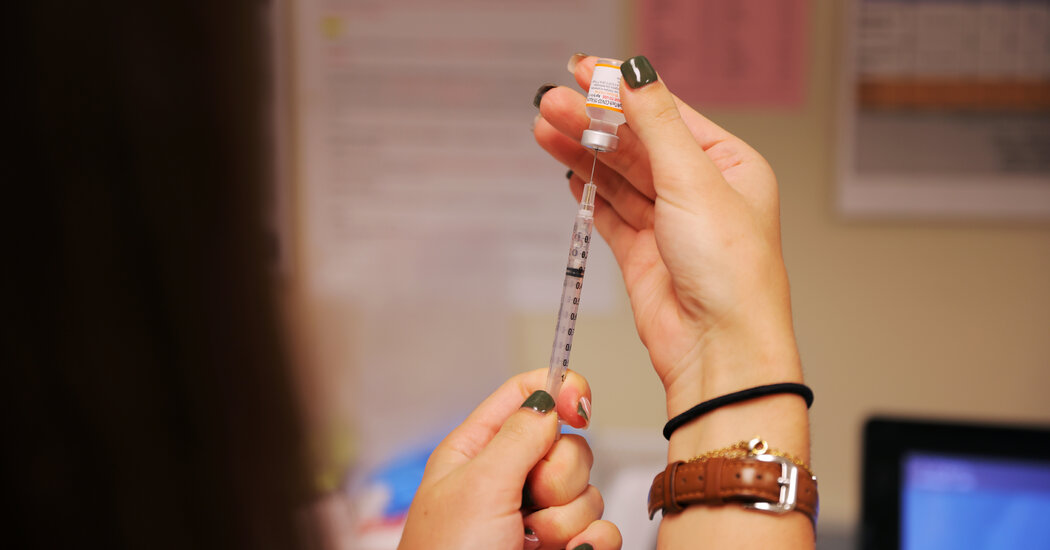People say coke and fries are helping their migraines – but there’s a twist
17 minutes agoShareSaveShareSaveGetty ImagesRuth CleggHealth and well-being reporterIt’s a condition that affects more than 10 million people in the UK. It can change futures, end careers, and shrink worlds. So when a hack comes along that says it can “cure”, or at the very least fend off a migraine, people will try it.While there are medical treatments, there is no cure. Prescription medication can be very effective – but it doesn’t always work. For many people there is no simple solution.Some discover their own ways of managing the debilitating pain: sitting in a hot bath while wearing an ice pack and drinking a smoothie, blasting the side of their face with a hairdryer. But now a new hack has suddenly gone viral – the McMigraine Meal. A simple offering of a full-fat coke and a portion of salty fries seems to be doing the trick for hundreds who’ve been extolling its virtues on TikTok.If there is any science behind these hacks – what do they do to the body?Nick CookNick Cook from Oxfordshire carries “a wallet full of drugs” around in case of a migraine attack. He will “try anything” to make the pain go away, he says.”When you live with the condition, and you’re working a five-day week and you need to carry on, you’ll give anything a go.”At its worst the pain around Nick’s eye socket can feel like his eyeball is getting crushed. He says it’s the caffeine and sugar in coke that helps him.”If I catch it soon it enough it can sometimes work, when my vision goes fuzzy and I can feel one coming on.”He stresses that drinking coke doesn’t replace his amitriptyline tablets – the daily pain medication he takes to try to prevent migraines – but it does sometimes help him “last until the end of the day”.Kayleigh WatsonFor Kayleigh Webster, a 27-year-old who has had chronic migraines all her life, it’s the salt on the chips that might slow down a migraine attack.”It can help,” she says cautiously, “but it’s certainly not a cure.”Migraine is a complex neurological condition – and it can’t be cured by a bit of caffeine, salt and sugar in a fast food meal.”Kayleigh’s tried cocktails of different medications, putting her feet in hot water, a flannel at the back of the head, acupuncture, cupping – but they’ve had little effect.One of the few treatments that has given her relief is medical Botox – having dozens of injections in her head, face and neck. It’s still not clear how Botox works for migraine, but it’s believed to block powerful pain signals being released from the nerves.A migraine – which can last days – is very different to a headache, which tend to be short-lived and can be treated more easily with painkillers like paracetamol. Migraines can cause head pain, neck pain, numbness, blurred vision, and even affect speech and movement.Kayleigh WebsterSkulls dating back to 3,000 BC show ancient Egyptians even had trouble with migraines – but despite that long history, their exact cause is still unknown.It’s thought pain receptors in the blood vessels and nerve tissue around the brain misfire – sending incorrect signals that something is wrong. But we don’t know why some people have an oversensitive nervous system – and why it reacts to some things and not others.Experts say there’s not enough research into why only some people – around one in seven – are affected, or what can actually help.Dr Kay Kennis, a GP who specialises in migraines, says while there are elements of the McMigraine meal that can help stave off an attack, these aren’t innate to “a McDonald’s”.”The caffeine in the coke can act as a nerve disruptor, it is a substance that affects nerve activity. For some, that disturbance works in a positive way,” Dr Kennis says.”There are some painkillers that people take for migraines that have caffeine – and some do respond well to that – but we don’t fully know why.”Getty ImagesBut she warns against using caffeinated fizzy drinks like coke as a way of regularly managing migraines.”Too much caffeine can be a trigger too – and you can end up in a worse situation in the long run,” Dr Kennis says.Other ingredients in a fast food meal, like the salt on the chips, can affect nerve activity, she explains, but adds the effects of sodium on migraines have not been tested.She also warns that not only is fast food often ultra-processed and not conducive to a healthy diet, it can contain high levels of Tyramine, a natural compound commonly found in many foods, which can actually cause severe migraines.Eloise UnderwoodFor Eloise Underwood none of the quick fixes on social media work.The chronic migraine sufferer has been looking for a “magic cocktail” for seven years – she’s seen people recommend putting feet in scorching water (not recommended by experts and potentially dangerous); drinking hot coffee (caffeine can be a trigger); or various vibrating devices which have had little effect.”There are so many videos online that take advantage of the desperation we all feel,” Eloise explains.She’s left several jobs – often due to lighting and noise in an office environment triggering migraines. She recently stopped working as an interior designer and has now launched a business pressing and framing wedding flowers from her home.She wears loop ear buds to reduce the sharpness of the sounds around her, and limits her social life.”People think a migraine is just a headache – that’s just one symptom of it,” Eloise says. “For me, a migraine is a whole body experience…”Migraines have completely made my life smaller.”Getty ImagesProf Peter Goadsby, a neurologist at the NIHR-King’s Clinical Research Facility, says research is beginning to produce positive results after years of underfunding.His latest study shows medications known as gepants could block a group of pain receptors in the lead-up to a migraine attack, cutting off the pain before it starts.”Any new treatment is a glimmer of hope,” Eloise says. “They do say that nothing will work for everyone – but something will work for someone.”Lifestyle changes can also make a difference, Prof Goadsby explains. It might be boring, he says, but basically – “be careful of your brain”.”You want to have regularity, avoid the highs and lows. If you can feel the warning signs – yawning, sleepiness, mood change, passing more urine and even craving salt and sugar – listen to your body.”Listen to your body – don’t listen to TikTok, that’s my advice.”Nick CookNick has been doing exactly that. He might reach for the odd coke and salty fries, but he’s moulded his whole life in order to manage his migraines.”I don’t drink, I wear sunglasses even if it’s cloudy,” he says. “I don’t go wild. When me and my partner go away, half the stuff we take is to help us manage our migraines.On a recent stag-do weekend, Nick noticed the difference between his and his friends’ lives.”They were up all night drinking to the early hours,” Nick says. “I turned up with my own pillow, apples, bananas, Weetabix, and any snacks I would need to keep me going, because hunger can be a major trigger.”I’m in bed by midnight – but my mates know me, and that’s OK, because this is how I have to live my life.”Best of weekend picks
Read more →







